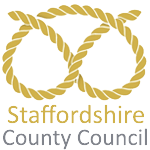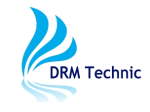Creating responsible, sustainable communities and governance
How we structure and govern our societies, how decisions are made, how different stakeholders are engaged, how we support social inclusion, through to the regulations that are developed and imposed, are all crucial to creating the underpinnings of more sustainable societies that make decisions for long-term sustainability and reduce inequalities locally, nationally and globally.
This challenge covers the breadth of areas that help us understand and shape the societal structures that underpin a transition to more sustainable societies, from law, politics, international relations, to global development, our animal-human relationships, through to sustainable business and enterprise.
This challenge theme supports the following UN Sustainable Development Goals:
![]()
Stories of Public Health through Local Art-based Community Engagement
A new zero carbon smart energy system
Centre for the Understanding of Sustainable Prosperity
Supporting Staffordshire Councils
News article
Guardian Guest Comment






































